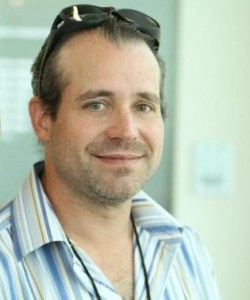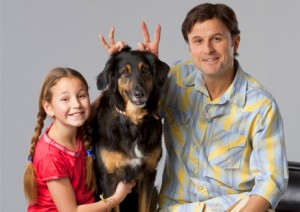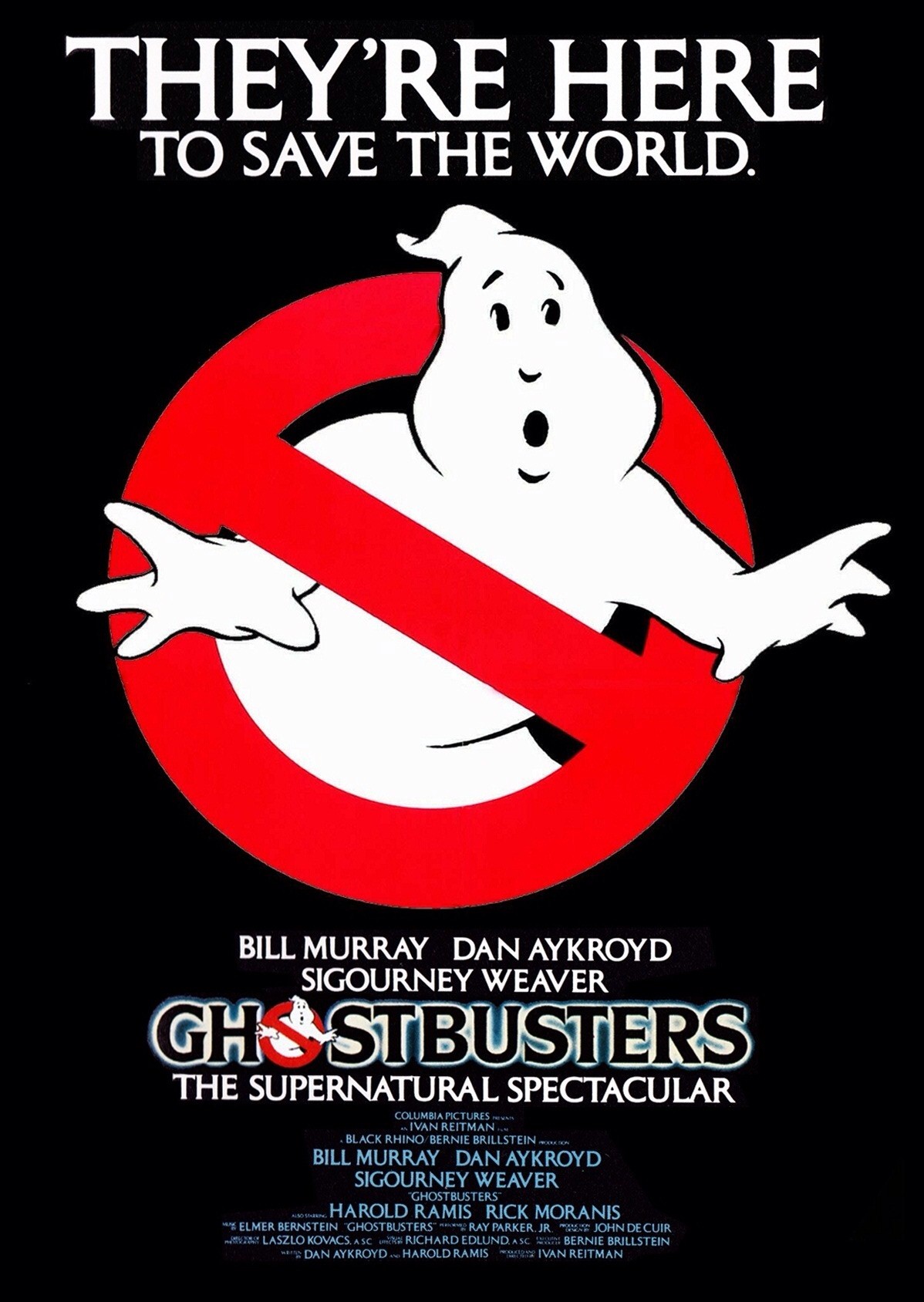 Kevin Cooper has worked various jobs in Hollywood and has lent his talents to such films as “Armageddon” and “Secondhand Lions.” A Midwest boy at heart, after graduating from NYU Cooper made his way west, working his way through the ranks of both independent film making and the studio system. Cooper recently got behind the camera, writing and directing the new family film, “I Heart Shakey.” The film is currently available via Video on Demand and will open in theatres nationwide later this month. Kevin took a few moments out of his schedule to talk about his new film with Media Mikes:
Kevin Cooper has worked various jobs in Hollywood and has lent his talents to such films as “Armageddon” and “Secondhand Lions.” A Midwest boy at heart, after graduating from NYU Cooper made his way west, working his way through the ranks of both independent film making and the studio system. Cooper recently got behind the camera, writing and directing the new family film, “I Heart Shakey.” The film is currently available via Video on Demand and will open in theatres nationwide later this month. Kevin took a few moments out of his schedule to talk about his new film with Media Mikes:
Michael Smith: You’ve worked on many films in many various roles yet this is the first time you’ve added writer and director to your resume’. What made you decide to take on this film at this time?
Kevin Cooper: I’ve been in this business for a long time and I’m always looking for something “new” to attempt. My wife, who ended up producing the film, and I were talking one night and we said to ourselves, “we know how to make movies…we have relationships with distributors and talent…what’s stopping US?” And we decided that if we were going to go into the battle we should focus on a subject that means something to us. And this film is ultimately about loyalty…about family. So we chose to pursue this project. It had been sitting around for a long time. In a way it’s loosely based on my life. I graduated from NYU film school, which is where I met Steve Lemme. I moved to L.A. When I got there I rented an apartment. And only after I had been there for a week did I learn that I would be able to keep my dog. So the film brought up a real challenge. What do you do when you have to get rid of your dog…to in a way tear your family apart? Of course I had just got to Hollywood so I thought, “Shit, I’ll just give away the dog!” But every time I gave the dog away to a prospective owner….basically the next day they were calling me and saying “come get your dog…he’s way too rambunctious for me!” He was such a fun and crazy dog. And ultimately, after about three or four months, I realized that the dog wants to stay with ME. And it was really one of those life lessons about loyalty. So that inspired a really early first draft. But the project just sat there. I wasn’t really a development guy, I was a studio guy. I was constantly working on other peoples projects. So when I got back to the Midwest I decided to find a project that’s personal…one we could dive into. My directing work had been in comedy. When I lived in New York I directed and produced all of Broken Lizards early sketches. They had a live show in New York City and between sketches, when they had to set up different props or change wardrobe, my video sketches would play while they did their changes. And the film is also a great way to come back together with friends. With dear friends, actually. I mean they came up with “Super Troopers” on the way to my wedding! We go way back, those guys and I.
MS: Why did you decide to add the extra burden of shooting in 3D to your first feature?
KC: (laughs) That’s a great question. One of the things we knew early on was that, for the film to succeed, we had to give ourselves every advantage. It was less about how the audience would receive it and more about our perception of where 3D was headed. I ran James Cameron’s company for six years and some of my best friends are technologists and industry leaders. Now for 100 years the industry has really  kept people like you and me out. You really had to be a wealthy guy or come from money…you had to have some kind of connection generally speaking. Nepotism ran rampant in this industry for many, many years. But our production budget was $235,000. And we asked how much it would cost to use 3D. We found a camera house here in Chicago that was willing to foot the bill for it so it didn’t really cost us a ton more…at least not in production. In post it did end up costing us a little bit more money. I explored what it meant, artistically, to make a film in 3D. And it really opens up new worlds and frontiers. Hollywood is such a competitive place. We thought why just do a regular film…why not give yourself every advantage you can? It was important for us to know that we were out front like that. Some of our best friends are indie filmmakers. And I would say that seven or eight out of ten of them don’t get their feature films distributed. So our idea was to do everything we could to make this film appealing. That was our thinking. And once you’ve committed to that you really have no choice. When you grasp onto technology there is really no backing out. Our distributor is very committed to the film. They’d put it out in 2D. But they’re very committed to putting it out in 3D. And you ask about the difficulty of working with 3D…you can say the same thing about working with dogs…working with kids. I teach film at Columbia and I was sort of breaking all of the rules (laughs).
kept people like you and me out. You really had to be a wealthy guy or come from money…you had to have some kind of connection generally speaking. Nepotism ran rampant in this industry for many, many years. But our production budget was $235,000. And we asked how much it would cost to use 3D. We found a camera house here in Chicago that was willing to foot the bill for it so it didn’t really cost us a ton more…at least not in production. In post it did end up costing us a little bit more money. I explored what it meant, artistically, to make a film in 3D. And it really opens up new worlds and frontiers. Hollywood is such a competitive place. We thought why just do a regular film…why not give yourself every advantage you can? It was important for us to know that we were out front like that. Some of our best friends are indie filmmakers. And I would say that seven or eight out of ten of them don’t get their feature films distributed. So our idea was to do everything we could to make this film appealing. That was our thinking. And once you’ve committed to that you really have no choice. When you grasp onto technology there is really no backing out. Our distributor is very committed to the film. They’d put it out in 2D. But they’re very committed to putting it out in 3D. And you ask about the difficulty of working with 3D…you can say the same thing about working with dogs…working with kids. I teach film at Columbia and I was sort of breaking all of the rules (laughs).
MS: Ironically my next question was: was it difficult to work with the animals?
KC: It was hard! (laughs) There’s a great supplemental bit on the DVD for “Beverly Hills Chihuahua” where they talk about how they rescued all the dogs. It seemed very logical and possible that we could do the same thing here in Chicago with one dog. So we found a rescue dog and trained with him for months. And it just didn’t work. We ended up having to call all over the United States. And eventually we ended up with a dog that was pretty good. Most films use a purebreed dog because it’s easier to find a double. But I wanted to use a mutt. We found a double but he was hard to work with. I would say that animals in general take a lot more time. In some cases we didn’t get all the things we wanted the dog to do. One thing I’m proud of is we came up with ways to further some of the sequences in the film with animation…almost like a representation of the girl’s imagination. Originally it was just a crutch but when we tested the film we found that our target audience loved the animation! It’s interesting how what appeared to be one of our problems turned into one of our strengths.
MS: You have a very solid cast, including Steve Lemme, Steve Guttenberg and Beverly D’Angelo. How did you get them interested in the project?
KC: Hollywood is a funny business. My first job out of college was working at CAA (the Creative Artist Agency). One of my best friends is now running the Motion Picture Talent Department at CAA. Not that he helped me get the cast…it’s just that Hollywood is a very small place. You know everybody one person removed if you’ve been there a few years. And it’s important to understand the mentality behind the talent agent. So a guy like Guttenberg…he wants to get paid. He wasn’t paid a lot but he got paid. Three days of work for several thousand bucks. You make him an offer. “Hey, do you want to come out here for three days?” And he’s also a big fan of Steve Lemme and Broken Lizard, so that helped. And having Steve involved…he doesn’t have a huge fan base but the fan base he does have is very loyal to him. In certain circles he’s a major rock star! If you’re a 45 year old lady you’ve probably never heard of him. But if you’re a 22 year old guy, you’ve probably memorized all of his lines from his films. So having Steve on board was  definitely an asset to the project. And then we got Alfonso Arau. Now maybe he doesn’t have a lot of fans but he lent a certain level of legitimacy to the project. He directed films like “Like Water for Chocolate.” And his comic role in “The Three Amigos”…El Guapo…you won’t find a comedian who doesn’t consider that performance one of the top five or top ten…everybody loves that role. We didn’t get a “Prometheus” size push with the talent involved but, like a said, for under a half-million bucks…it was enough to get the investors to support the film. So it certainly helps to know the psychology behind a Hollywood talent agent.
definitely an asset to the project. And then we got Alfonso Arau. Now maybe he doesn’t have a lot of fans but he lent a certain level of legitimacy to the project. He directed films like “Like Water for Chocolate.” And his comic role in “The Three Amigos”…El Guapo…you won’t find a comedian who doesn’t consider that performance one of the top five or top ten…everybody loves that role. We didn’t get a “Prometheus” size push with the talent involved but, like a said, for under a half-million bucks…it was enough to get the investors to support the film. So it certainly helps to know the psychology behind a Hollywood talent agent.
MS: So, in a sense, making this film was your own El Guapo?”
KC: (laughing) Exactly! You know it, man. It was a plethora of fun and problems all at the same time.
MS: Finally, once the film is released and behind you, what are you working on next?
KC: I’m working on a project with Steve Lemme called “My Sky.” It’s a script written by Alex Torres and it’s about a guy with Tourette Syndrome. It’s a very different tone…in the vein of “Awakenings.” It’s something that we can really control the tone of…we can dig in deep and roll up our sleeves. I don’t know if you were suggesting this earlier or not but, if you were, you were right on the money. Making a film with all these attributes…3D and kids and dogs…are definitely harder for sure. Unless I have a lot more money I’m not going to be doing that kind of film for a long time. Not so much that I needed money…it’s just that you need more shooting days…you can acquire more takes. “My Sky” is such a gem of a script that we want to do it justice. A lot of people have said to Steve, “you’re sort of this generation’s ‘Cheech and Chong, what with his films with “Broken Lizard.” But it will give us a chance to make a film that’s really cool.
MS: Thank you for your time.
KC: It was a pleasure to talk with you. I should also add you have a very neat site. I think it’s awesome. You guys do a really great job of working in and outside of the systems. Keep up the good work!

